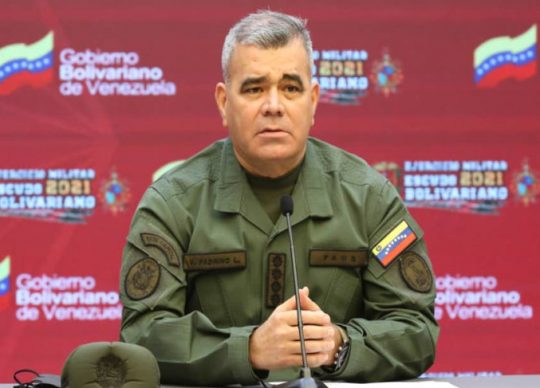The Secretary of Commerce, Matías Tomobolini, highlighted this Friday that the Fair Prices program is advancing to add some 124 companies in a few days, which will reach 482 participants, within the framework of the dialogue that the portfolio carried out to extend the validity of this price scheme for six more months, until July.
“We are on the way to 482 companies in a few days,” said the Secretary of Commerce in reference to the negotiations started with the companies to give continuity to the Fair Prices voluntary agreement, after the Minister of Economy, Sergio Massa, confirmed that the program will be extended until the end of July.
The secretary explained that compliance with the program “in terms of stock it is around 70%, signaling 77%, and in fixed prices 98%” and said that “the biggest challenge of this is that the product is on the gondola, that the supply is fulfilled.”
“We were able to establish agreements so that purchases are intelligent and where businessmen, workers and the State we can find an efficient use of the resources that Argentina produces”, he pointed.
When asked about the complaint that Elisa Carrió filed against him for collaboration in price control by the Truckers union, he said that of this program “all sectors participate” and that “everyone is needed to collaborate with the price programs, including the opposition, we are focused on incorporating more sectors to share information.”
Regarding inflation, he said, “the solutions do not suppose shocks, nor gradualism but realism and it has to do with the roadmap proposed by Minister Massa”.
In this sense, he expressed that among the solutions, those that “They are going to cause shocks that leave out the vast majority of society” and that the solution “is not magic”.
For the solution to the price increases, he specified that what is necessary is “order priorities based on what Argentina can produce in terms of what it collects to be able to spend.
“Ordering that was not easy and it was possible to reach the agreed goal with the fund of 2.44% fiscal deficit and that effort is made by all Argentines”, he added.
In control, they have been made since the management of Tombolini 7,770 inspections, in supermarkets and wholesalers 4,488, from Now 12 2,051 inspections and more than 1,813 in fixed points of Fair Prices.
With @sietecase in #RadioConVos we talk about work @ComercioArg within the road map that marked us @SergioMassa.
We are operating in a complex reality, but with dialogue and agreements with different sectors we seek to bring order and predictability to the Argentine tables. pic.twitter.com/vPhgWHNl1g
— Matias Tombolini (@matiastombolini) January 27, 2023
Finally, and regarding the sanctions applied by the secretary, Tombolini said that “fines were made for 440 million pesos that were pending treatment, and 15 days ago we deployed controls in a self-service chain, in 300 stores throughout the country, and 79 minutes were drawn up and 3 stores were closed.
Fair Prices is a voluntary price agreement that was launched by the Government on November 11 at the Kirchner Cultural Center.
The initiative froze the prices of nearly 2,000 products that are part of the basic basket in the food, beverage, dairy, personal hygiene and cleaning items, with the participation of more than 100 companies that represent 86% of mass consumption in Argentina.
In parallel, the adhered firms promised not to increase more than 4% per month the final price of the rest of the more than 30,000 products offered in the market.
In return, the Government guaranteed the participating companies greater fluidity in the access to foreign currency at the official exchange rate for the importation of inputs necessary for production.
to the original agreement The oil companies joined it at the end of November, who agreed that fuels participate in the Fair Prices program with monthly increases of up to 4% in December, January and February, and 3.8% in March of this year.
















